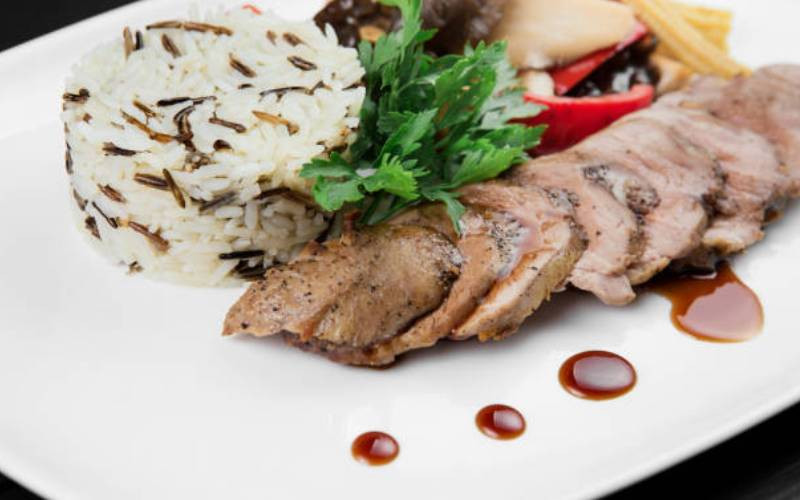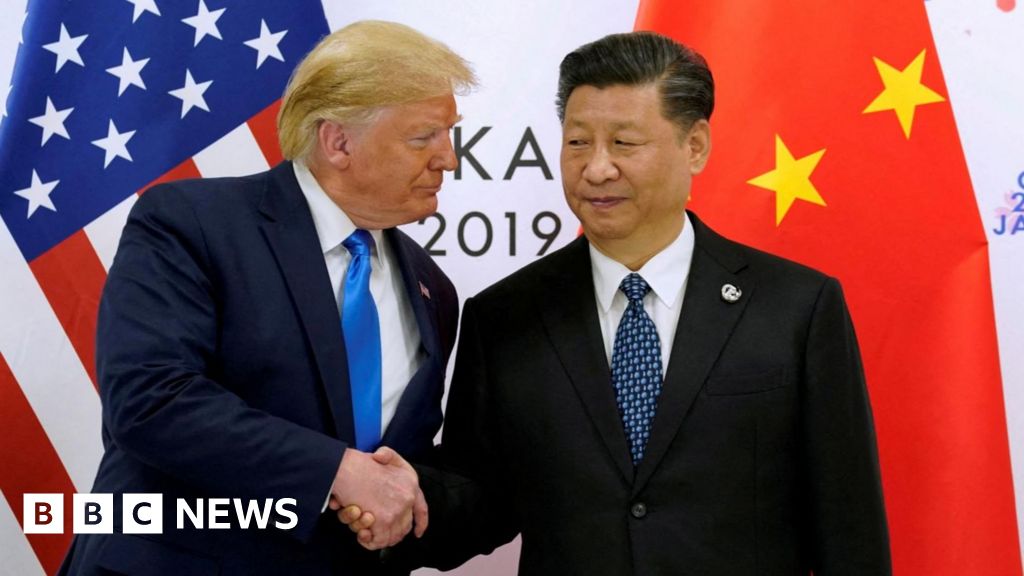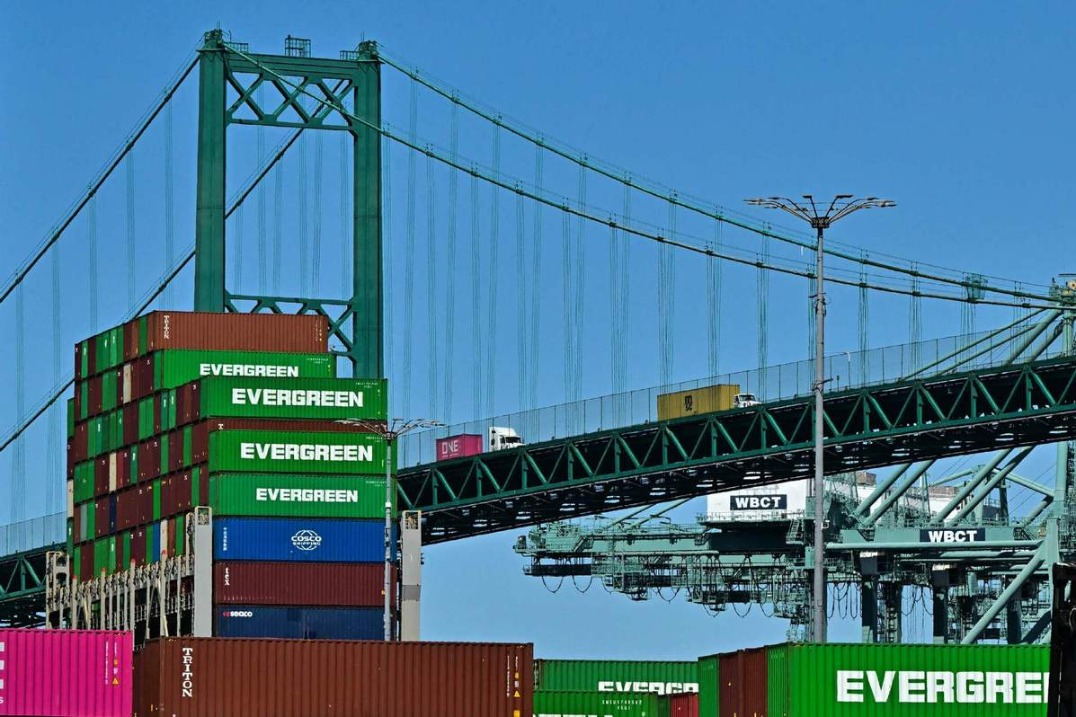Trump Imposes Global Tariffs, Slams Nigeria With 14% Tariff In Sweeping Trade Crackdown | Sahara Reporters
Under the new tariff regime, Nigerian exports to the U.S. will be charged a 14% tariff, compared to the 27% duty imposed by the Nigerian government on U.S. goods
President Donald Trump unveiled his most expansive tariffs to date on Wednesday, targeting over 100 trading partners—including Nigeria—with increased levies, a move that has sparked fears of a global trade war.
Under the new tariff regime, Nigerian exports to the U.S. will be charged a 14% tariff, compared to the 27% duty imposed by the Nigerian government on U.S. goods.
The policy shift could have significant economic implications, as Nigeria exported N931 billion worth of goods—primarily crude oil—to the U.S. last year while importing N1.05 trillion in return.
Trump’s tariff escalation has drawn swift backlash from allies, with key trading partners vowing retaliation.
The European Union, Britain, India, and China were all included in the latest round of duties, while Mexico and Canada were spared.
China, a frequent target of Trump’s trade policies, pledged to take countermeasures, denouncing the tariffs as “self-defeating bullying.”
European Commission President Ursula von der Leyen warned that the EU would respond collectively, stating, “If you take on one of us, you take on all of us.”
Asian financial markets reacted sharply, with Japan’s Nikkei index plunging over 3% and South Korea’s KOSPI falling by 2%.
The global economic uncertainty fueled by Trump’s trade war could have long-term ramifications, particularly for developing economies like Nigeria.
The New York Times reports that President Trump’s latest wave of tariffs has triggered immediate criticism from business groups, trade experts, economists, and lawmakers from both parties—including some Republicans.
Meanwhile, industries scrambled to assess the impact on their operations.
Framing the move as a response to a national emergency, Trump insisted that the tariffs were necessary to boost domestic production. However, critics warned of economic fallout.
“Trump could have sought to fix the global trade rules he claims have been exploited by allies to the detriment of the U.S. economy and consumers,” said Eswar Prasad, a trade policy professor at Cornell University.
“Instead, he has chosen to dismantle the system governing international trade.”
The United States will impose a dramatic 34 per cent tariff on Chinese imports, adding to the 20 per cent tariff already in place.
The European Union will face a 20 per cent tariff, Japan will see a 24 per cent rate, and India will be hit with a 26 per cent tariff on its exports to the U.S.
Senior administration officials signalled little willingness to negotiate tariff reductions, even with allies that recently offered to lower their own levies on American goods.
Trump officials also warned countries planning retaliatory measures against the United States.
A fresh round of tariffs on foreign-made automobiles will take effect at midnight, further expanding the billions of dollars in tariffs Trump has imposed since returning to office in January.
China swiftly condemned the new tariffs and vowed countermeasures, warning that no one would emerge victorious from a trade war.
“These tariffs are based on subjective and unilateral assessments,” China’s commerce ministry declared, calling them “unilateral bullying.”
The latest tariffs add to those Trump imposed on Chinese imports during his first term, placing a heavy burden on businesses reliant on Chinese goods.
“There are no winners in a trade war,” the ministry stated, urging Washington to resolve disputes through dialogue.
Hopes for a meeting between Chinese President Xi Jinping and Trump now appear dim. Chinese Foreign Minister Wang Yi told Russian media that the U.S. must lift the newly imposed tariffs before talks can proceed.
“If the U.S. continues to apply pressure and resort to blackmail, China will respond resolutely,” Wang warned.
China has previously retaliated by imposing tariffs on American agricultural exports.
This time, Beijing’s countermeasures could include further tariffs, restrictions on U.S. investment, or export controls on rare earth minerals, which are crucial for American industries.











